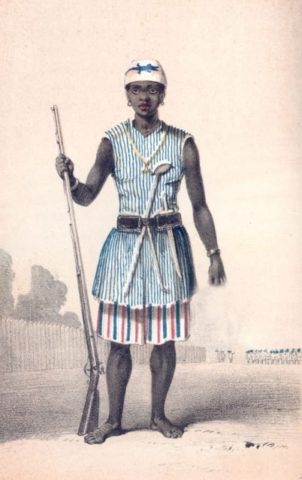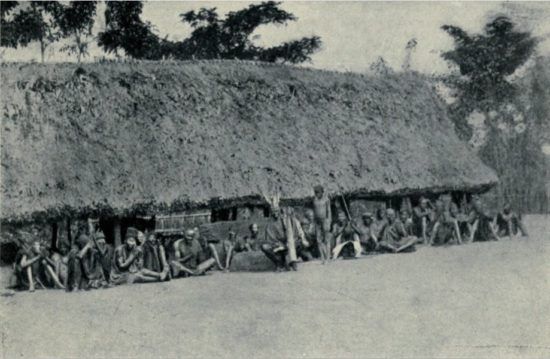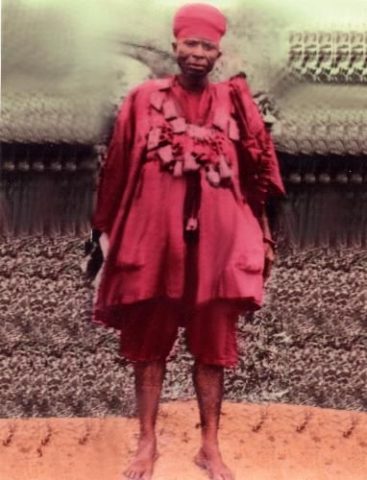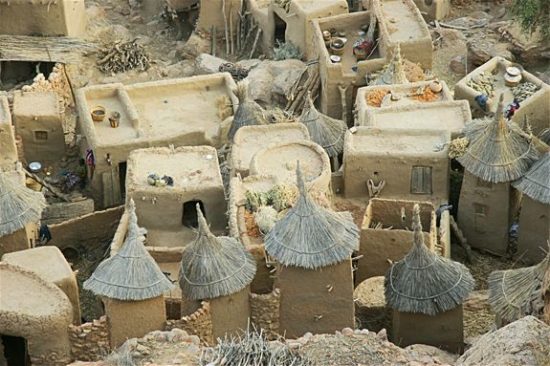The war of Dahomey – a nation currently known as the Republic of Benin in Africa – is also known as the Egba-Dahomey war, which took place in the nineteenth century between the then kingdom of Egba and Dahomey.
As with many olden days’ dispute, the war was basically a result of territorial expansion by the people of Dahomey into the Egba’s land to stabilize their crumbling economy.
Dahomey’s battle happened as the third catastrophic triplet of wars that crippled the Yoruba Empire after the popular Owu-Ife war (1821-1828) and the Osogbo war (1840). After these two wars, the then Oyo nation was in chaos-based on political instability.
With this opportunity, the people of Dahomey – which were part of the Oyo Empire – used this period to declare themselves an independent state from the Oyo Empire. However, not long after their self-proclaimed sovereign nation, they realized they could not sustain their economy as the only viable crop in their land was plantain.
To make things worse, the slave trade used to be their primary source of income was starting to crumble. In a nutshell, their only solution was to expand their territory.
Unfortunately, the single direction they can grow towards is two localities, namely; Ajase-Ipo and Egbado, both of which belonged to the Egba land.
Dahomey’s idea of territorial expansion into Egba people’s space wasn’t a welcome idea by the people of Egba land.
They disagreed with the concept and highlighted the inconveniences it would bring upon the people of Egba.
The people of Dahomey were recalcitrant as they insist on invading the land of Egba to stabilize their economy.
This situation is the premise on which the war of Dahomey was based.
In 1851, the army of Dahomey, which was mostly women (known today as the Amazon Women), under the leadership of King Gezo, invaded Egba – which is the then center of Abeokuta – and caused havoc on the unprepared people of Egba.
Nevertheless, the mighty and heavily armed warriors of Egba revoked the attack and killed many Dahomey’s army members, while those that were captured became slaves.
Two years later, the Egba people retaliated the attack and destroyed Referee and Lefulefu – two villages on Dahomey’s outskirts.
The Amazon women, also popularly known among the people of Benin as N’Nonmiton (meaning our mothers), were muscular, ferocious, and highly skilled in warfare and battle strategy.
They are known to slaughter without mercy, and many even fought well in battle than men.
The women of Dahomey’s army appeared like men in battles. However, they were of no match to the warriors of Egba, who were well-skilled, trained, and intelligent on the battlefield.
About over 3000 Amazon Women were led by king Gelele who succeeded his father, Gezo, to battle the people of Egba again in 1864. Unfortunately, they were defeated for the second time.
The second defeat suffered by Dahomey’s army forced the king of Dahomey to appeal for peace between the people of Dahomey and Egba.
Based on an agreement, this puts an end to the hostility which has been in existence between the two kingdoms way long before the famous war of Dahomey.
Based on oral history, it is known that the people of Egba also attacked the community of Dahomey in 1884 as a result of the first attack launched against them.
During Egba people’s attack, king Gezo was almost captured while the sacred golden stool of Dahomey and the precious umbrella of Gezo were seized.
At the end of the war between the two kingdoms, the people of Egba gained the rightful owner of the lands of Egbado, Ajase-Ipo, and also the port of Badagry.
It is worthy to state that during the war, the people of Ketu assisted Dahomey’s people, but the victorious people of Egba also attacked them.
Generally, the victory of Egba was facilitated by two significant factors.
The ultimate support which helped the people of Egba was from a few British people who lived in Egba back then.
These few Great Britain people, who had settled in Egba since 1840, knew that if the Egba should lose the war, it will be an unfortunate situation for them.
Consequently, they aided the Egba army by supplying them with ammunition during the war, and also trained them in the then modern warfare.
The second factor which facilitated the victory of the Egba people was due to the support they received from some Yoruba towns, such as Ibadan and Ijebu.
They were said to have given the people of Egba more workforce to overcome the army of Dahomey.
However, the support from these two towns didn’t last long as the war of Kiriji-Ekitiparapo and Ibadan-Ijaye began on their side too in the later years.
Nevertheless, we can safely conclude that the battle of Dahomey which was mostly fought by the Amazon Women was lost due to the support of some British nationals and Yoruba kingdoms to the people of Egba.
Source: Dakingsmanblog










